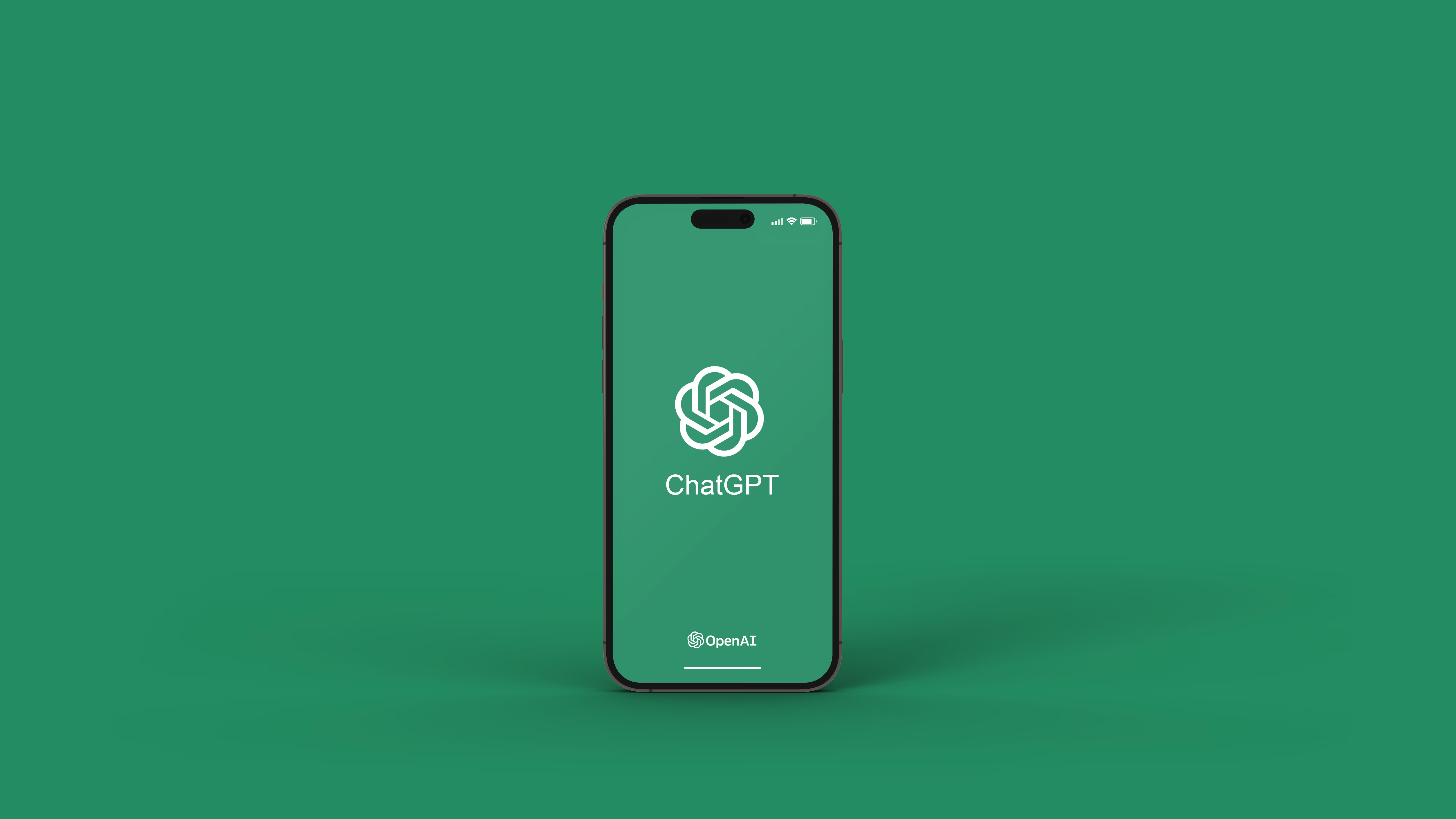Blog
.avif)
Generative AI and Intellectual Property: Top Use Cases
The rapid development of artificial intelligence (AI) has sparked a myriad of debates across various industries, but perhaps none are more complex and contentious than those surrounding generative AI and intellectual property. As AI technology continues to evolve at an unprecedented pace, its implications for the world of intellectual property (IP) are profound and multifaceted. From the challenges of copyrighting AI-generated works to the nuances of patent law, this article explores the intricate relationship between generative AI and IP, highlighting key use cases and discussing the benefits of AI tools for legal teams.

Patent Claim Drafting Strategies: A Comprehensive Guide
Patent claim drafting is a critical skill in the field of intellectual property law. It involves crafting precise and detailed listings of an invention's unique aspects, which are then used to define the scope of legal protection. The quality of these claims can determine the strength and value of a patent, impacting its ability to withstand legal challenges and enforce exclusivity. In this comprehensive guide, we will explore the key strategies for effective patent claim drafting, delve into common mistakes that can undermine a patent's effectiveness, and examine how artificial intelligence (AI) is transforming this complex process.
.avif)
USPTO's Updated Guidance on AI Inventions
The United States Patent and Trademark Office (USPTO) has released updated guidance on patent subject matter eligibility. This update focuses on critical and emerging technologies, particularly artificial intelligence (AI). The new guidance aims to assist USPTO personnel and stakeholders in evaluating the subject matter eligibility of claims in patent applications and patents related to AI technology and inventions. Furthermore, it introduces new examples to help apply the USPTO's subject matter eligibility guidance during patent examination, appeal, and post-grant proceedings. The guidance also addresses stakeholder feedback and recent Federal Circuit decisions.

Patent Proofreading: Leveraging AI for Precision and Efficiency
In the ever-evolving world of intellectual property, ensuring the accuracy and precision of patent documents is crucial. Patent proofreading, a meticulous and essential step in the patent application process, has traditionally been a time-consuming and error-prone task. However, with the advent of AI technology, patent proofreading has undergone a significant transformation, offering enhanced efficiency and accuracy.

AI in Patent Drafting: Should You Use ChatGPT?
The integration of artificial intelligence (AI) in various professional fields is becoming increasingly prevalent, and patent drafting is no exception. The process of drafting a patent application can be intricate and time-consuming, requiring precision, legal knowledge, and technical expertise. As AI continues to evolve, it presents new opportunities and challenges in the realm of patent drafting. This article explores the role of AI in patent drafting, how it is transforming the process, and the specific limitations of using ChatGPT for this purpose.

AI Patent Analysis: Benefits, Challenges, and Best Practices
AI patent analysis involves using machine learning and other advanced technologies to enhance the review and assessment of patents and patent applications. This technology streamlines processes such as reviewing invention disclosure documents, conducting novelty and obviousness analyses, and performing comprehensive patentability assessments.